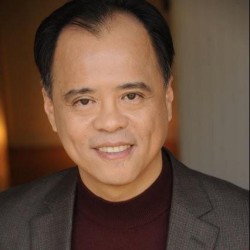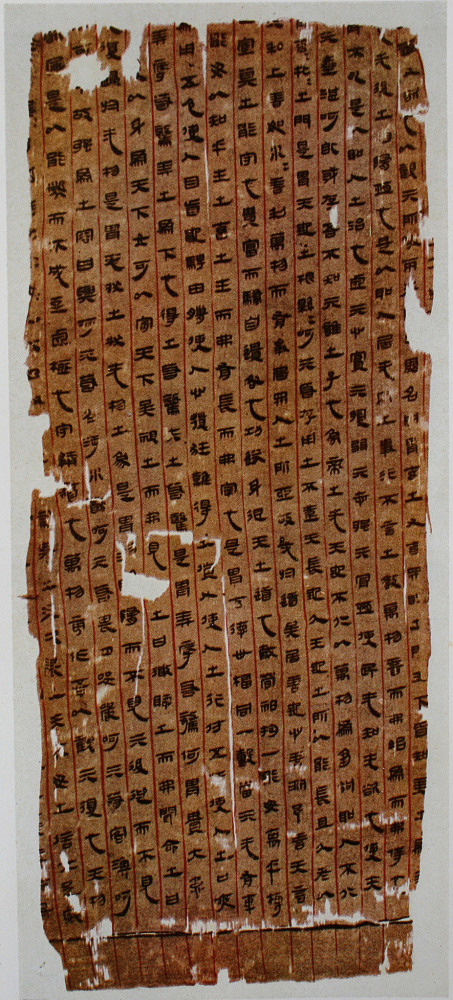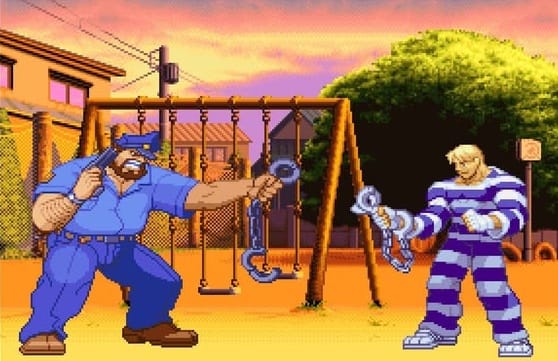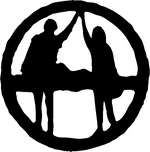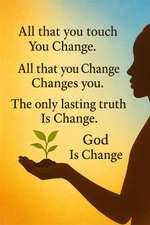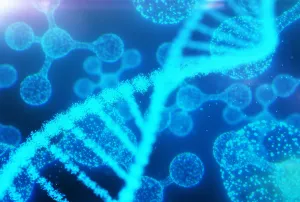The Tao Te Ching offers a profound critique of man-made laws and their unintended consequences, particularly how they can paradoxically create crime rather than diminish it.
Here are the core ideas from the Tao Te Ching on this topic:
The Paradox of Laws and Crime
A central theme is that the more laws and regulations there are, the more opportunities for transgression and, consequently, the more criminals emerge.
This is captured in verses like: "The more taboos there are in the empire, the poorer the people; The more sharpened tools the people have, the more benighted the state; The more skills the people have, the further novelties multiply; The better known the laws and edicts, the more thieves and robbers there are." (Chapter 57)
The idea is that defining specific behaviors as "criminal" inherently creates the category of "criminal," and by setting strict boundaries, people are more likely to find ways to circumvent them or fall outside them.
Artificiality vs. Natural Order
The Tao Te Ching advocates for aligning with the natural flow of the Tao (the Way), which is seen as inherently harmonious and self-regulating. Man-made laws, in contrast, are considered artificial constructs that disrupt this natural order.
They are attempts to force a particular morality or behavior, rather than allowing people to follow their innate sense of justice and balance.
When the "Great Tao is abandoned," then "charity and righteousness appear," followed by "intellectualism" and "hypocrisy," and then "strife" and "chaos" (Chapter 18). This suggests that formalized virtues and laws arise when the natural way is lost.
Minimal Governance (Wu Wei)
The ideal ruler, according to the Tao Te Ching, practices wu wei (non-action or effortless action).
This means governing with minimal interference, allowing things to unfold naturally. When a government is overly intrusive or creates too many rules, it stifles the spirit of the people and can lead to rebellion and discontent.
"When the government is dozing and dull, its people are unspoiled and satisfied. When the government is watchful and smart, its people are discontented." (Chapter 58)
The best leaders are those whose existence the people are barely aware of, where "when all tasks are done and problems solved, the people all will say 'we did it ourselves.'" (Chapter 17)
Root Causes of Crime
The Tao Te Ching often points to societal imbalances and the actions of rulers as underlying causes of crime.
For example, "When rich speculators prosper while farmers lose their land, when government officials spend money on weapons instead of cures, when the upper-class is extravagant and irresponsible while the poor have nowhere to turn, all this is robbery and chaos."
This suggests that crime isn't solely a failure of individual morality, but a symptom of a disordered society created by human actions and policies.
The Loss of Simplicity
The proliferation of laws and the pursuit of external measures of goodness (like "morality" and "ritual" as distinct from the Tao) are seen as a departure from a natural state of simplicity and contentment.
By emphasizing external codes, people lose touch with their intrinsic sense of right and wrong, leading to a system where adherence to rules becomes more important than genuine virtue.
Conclusion
In essence, the Tao Te Ching argues that true order and harmony arise not from an abundance of external laws and punishments, but from individuals and society living in accordance with the natural, effortless flow of the Tao, fostered by a minimal and non-interfering government.
Man-made laws, when they become too numerous or coercive, are viewed as a sign of disorder, fostering the very "crimes" they seek to prevent.
Taoism is anarchism with a spiritual twist.
Links
